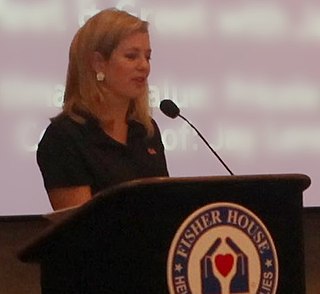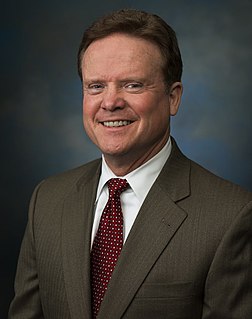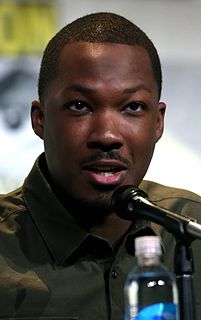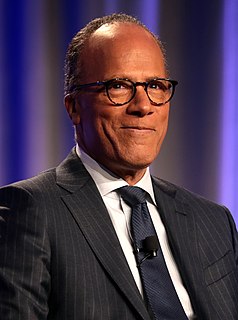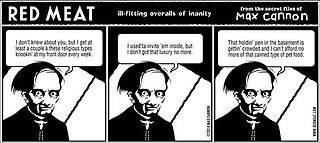A Quote by Brianna Keilar
When I married into the military a few years ago, I was failing at navigating the realities of deployment alone. When I turned to the military family community, their tried and true coping skills changed my life.
Related Quotes
The military is the largest polluter in the country, and so you have a lot of military waste contaminating reservations - as, for example, on the Skull Valley Goshute Reservation, where 5,000 sheep died in some kind of experimental military nerve gas test 10 years ago. Many of our communities are dealing with that kind of waste, and an absence of political will to clean them up.
In recent years the military has gradually been eased out of political life in Turkey. The military budget is now subject to much more parliamentary scrutiny than before. The National Security Council, through which the military used to exercise influence over the government is now a purely consultative body. But Turkish society still sees the military as the guarantor of law and order. The army is trusted, held in high regard - though not by dissident liberals. When things go wrong, people expect the military to intervene, as they've intervened over and over again in Turkish history.
Totalitarianism extends to whatever touches it...psychological technique, as it operates in the army or in a great industrial plant, entails a direct action on the family. It involves a psychological adaptation of family life to military or industrial methods, supervision of family life, and training family life for military or industrial service. Technique can leave nothing untouched in a civilization. Everything is its concern. Technique, which is destroying all other civilizations, is more than a simple mechanism: it's a whole civilization in itself.
Things can change if the military can do a paradigm shift and gets out of the shame and coverup cycle and be a leader in our culture. In the 50s, 60s and 70s there were huge race problems in the military even more severe than the culture at large. The military saw it was detrimental and it changed and became a model to society at large.
